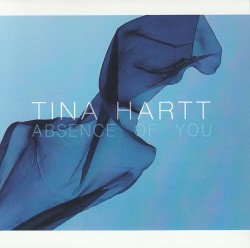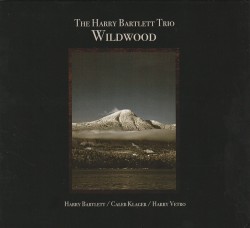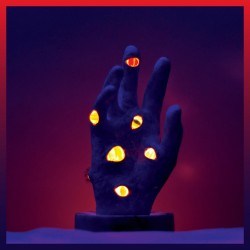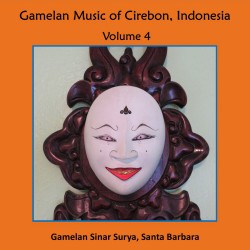 Gamelan Music of Cirebon Indonesia Volume 4
Gamelan Music of Cirebon Indonesia Volume 4
Gamelan Sinar Surya
Gamelan Music of Cirebon Indonesia Volume 7
Gamelan Sinar Surya
Gamelan Melayu – Traditional Gamelan Music Of Malaysia
Gamelan Sinar Surya
Independent (gamelan.bandcamp.com)
Gamelan Sinar Surya (Javanese for Rays of the Sun), a collective of 16 musicians and dancers from Santa Barbara, California, has a unique artistic mission. Directed by the indefatigable musician, music director, teacher and cultural activist Richard North, for decades the group has been dedicated to the preservation, performance and dissemination of the traditional performing arts of Cirebon, located on the northcentral coast of the island of Java, Indonesia. Cirebon is a cultural region with deep historic roots, richly endowed with dynamically evolving artistic traditions. North made his first visit to Cirebon in 1976 and his reaction to what he experienced was profound. “I immediately fell in love with the culture, especially the music.”
Gamelan Sinar Surya (GSS)’s practice centres on the music played on numerous kinds of the indigenous gamelan, which can be described as an orchestra of various hanging gongs, gongchimes, metallophones, a xylophone, flutes, drums and sometimes other instruments and voices. Of GSS’ three newest releases, two are dedicated to the performance of traditional Cirebon gamelan repertoire, while the third explores the different gamelan music performed on the Malaysian mainland.
Gamelan Music of Cirebon, Indonesia: Volume 4 includes music played on four types of Cirebonese gamelan; each with its own tuning, playing style, character and a bespoke repertoire. Many of the instrumental pieces played by these antique gamelans are rarely heard today. For instance, the tracks Abduhu and Bragalan illustrate one of the reasons: the great age of some of these works. They originated in the Javanese sultanate of Banten, founded by Sunan Gunung Jati before he became the second king of Cirebon in 1479 CE. Abduhu and Bragalan are played on the seven-tone gamelan pelog forming part of the repertoire of the vanished Banten shadow-puppet theatre.
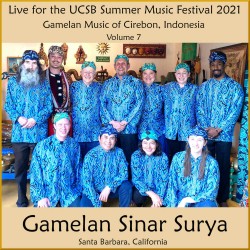 Gamelan Music of Cirebon Volume 7- Live Concert was recorded in front of a live audience in Santa Barbara. GSS’ seventh album includes pieces from the characteristically bright and cheerful five-tone gamelan prawa repertoire. The outlier here is the lilting, spare Timang Burung from the Malaysian gamelan tradition, instrumental music which typically accompanies a dance depicting a princess awaiting the arrival of a bird of paradise in a palace garden. The track Moblong is a further example of North’s underlying mission. A delicate classical melody from the gamelan prawa repertoire, it is traditionally played to calm the bride in a royal wedding at the Kacirebonan Palace. North learned it in the 1980s from the palace arts director, Pangeran Haji Yusuf Dendabrata. On returning to Cirebon after a 17-year absence he was surprised to find no living musicians who knew the piece. This recording is part of an initiative to re-introduce it to the Cirebon repertoire.
Gamelan Music of Cirebon Volume 7- Live Concert was recorded in front of a live audience in Santa Barbara. GSS’ seventh album includes pieces from the characteristically bright and cheerful five-tone gamelan prawa repertoire. The outlier here is the lilting, spare Timang Burung from the Malaysian gamelan tradition, instrumental music which typically accompanies a dance depicting a princess awaiting the arrival of a bird of paradise in a palace garden. The track Moblong is a further example of North’s underlying mission. A delicate classical melody from the gamelan prawa repertoire, it is traditionally played to calm the bride in a royal wedding at the Kacirebonan Palace. North learned it in the 1980s from the palace arts director, Pangeran Haji Yusuf Dendabrata. On returning to Cirebon after a 17-year absence he was surprised to find no living musicians who knew the piece. This recording is part of an initiative to re-introduce it to the Cirebon repertoire.
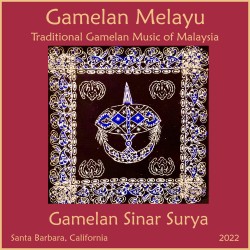 Gamelan Melayu: Traditional Gamelan Music of Malaysia
Gamelan Melayu: Traditional Gamelan Music of Malaysia
With deep historical roots on the Indonesian islands of Java and Bali, gamelan music performance has over the last few hundred years spread to other cultural spaces – and eventually around the world, including Canada – adapted into scores of distinct regional styles. Gamelan Melayu is one of a constellation of treasured Malaysian arts, the music linked to elaborate royal dances known collectively as joged gamelan, back in the day performed in the palaces of Malay sultans. Despite its centuries-old pedigree, gamelan Melayu is relatively unknown among the global music community. Richard North studied this rare gamelan style in 1980 with the well-known Malaysian joged gamelan expert Marion d’Cruz. After a long wait, this is GSS’ first album to feature this melody-forward music. Listeners get a privileged glimpse into music imbued with a distinctive delicate regional charm, convincingly rendered.
 Tara Rara
Tara Rara





